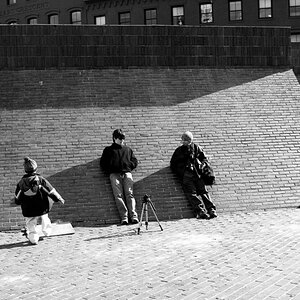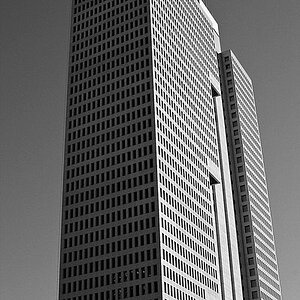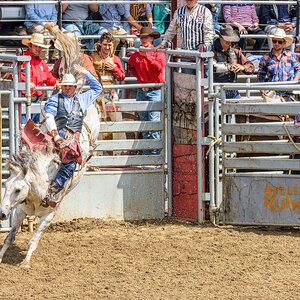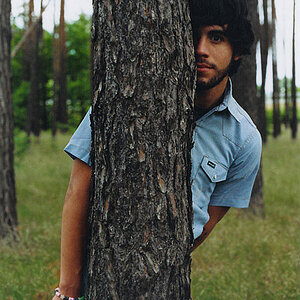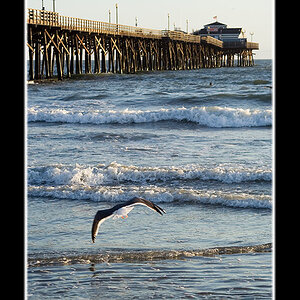- Joined
- Nov 3, 2007
- Messages
- 1,951
- Reaction score
- 989
- Location
- BDA Native now in NoVA/D.C.
- Website
- jonobrands.com
- Can others edit my Photos
- Photos NOT OK to edit
Ladies and gents can't we settle this over a pint(5-8 for me)?
I like the sound of this. Pints galore!



![[No title]](/data/xfmg/thumbnail/35/35875-613296cbb015a9d4bc5b47aca161290e.jpg?1619737200)
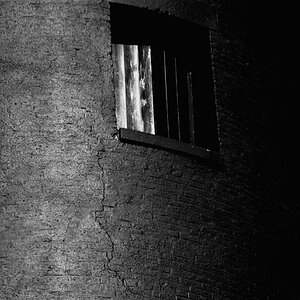
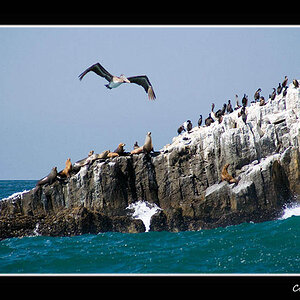


![[No title]](/data/xfmg/thumbnail/37/37413-e579e9da185db973d8cb34300b9f0eb9.jpg?1619738059)

